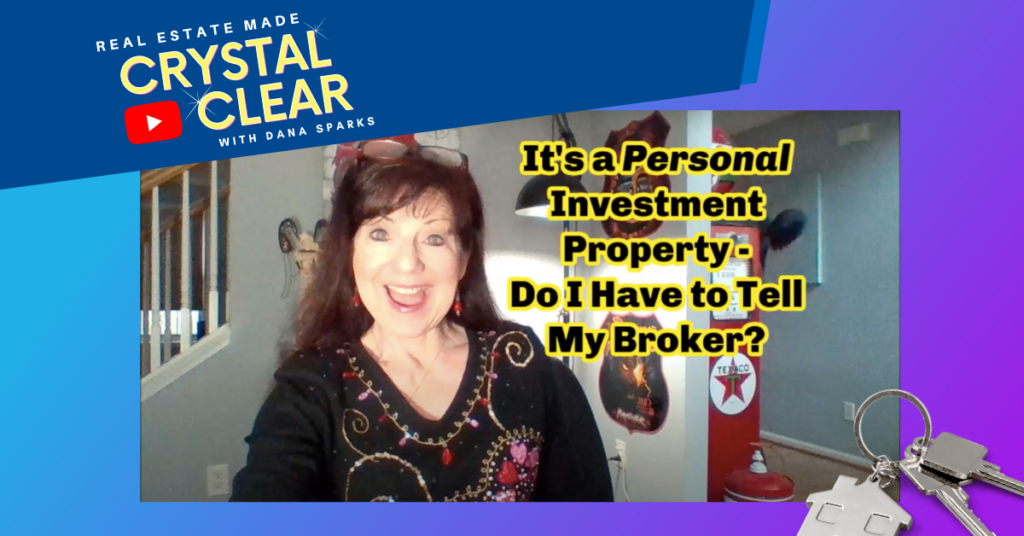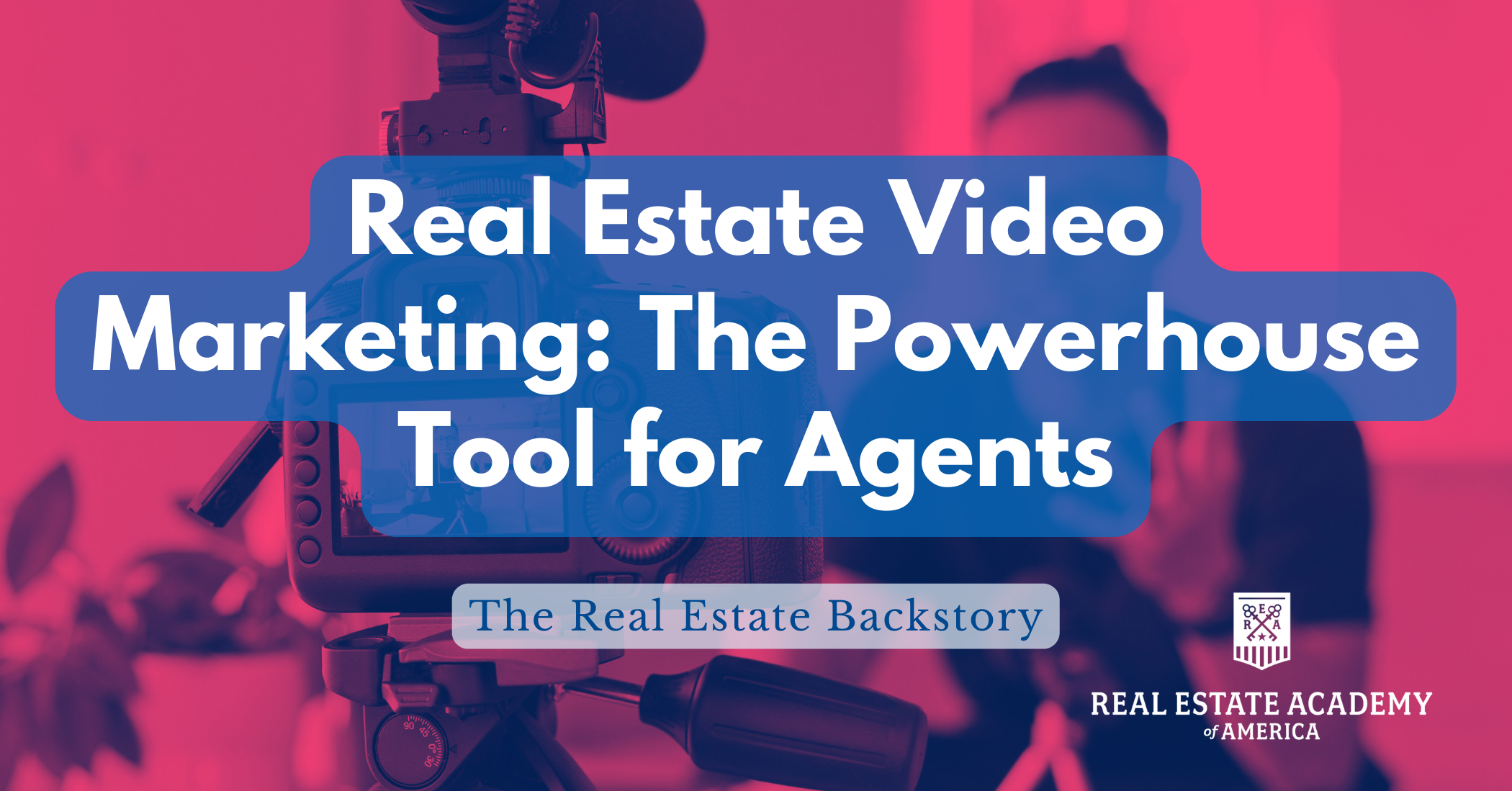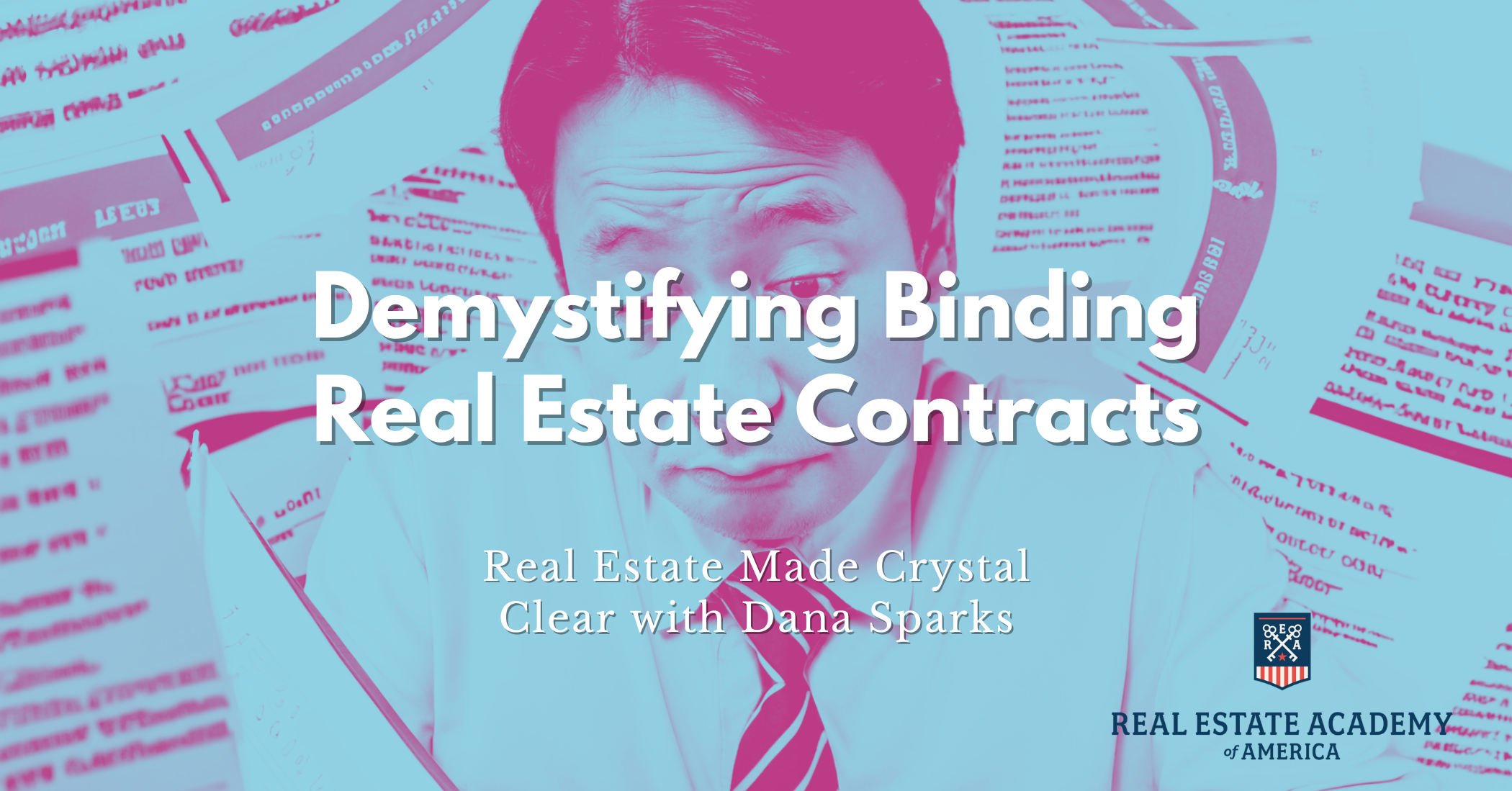I’m not taking commission so it’s none of my Broker’s business… or is it? This issue is referred to in Georgia License Law as “Agent as Principal.” So if there is no commission involved do you have to tell your broker about your real estate deals? Do you have to pay the Broker? Do you have to turn in those contracts to your broker? What does Georgia License Law say? What is your Broker’s Policy? The following is a synopsis of the latest episode of “Real Estate Made Crystal Clear (or The Real Estate Backstory)” with our very own Dana Sparks. You can watch the video in its entirety below.
Whether you are a buyer, seller, landlord, or tenant in a real estate transaction, you are considered a principal. In the state of Georgia, there are various license laws that govern any activity relating to real property, regardless of whether you receive a commission or not. In this post, we will discuss the license laws that govern principals in real estate transactions in Georgia.
License Laws in Georgia
Georgia has various license laws that regulate the activities of a licensee holding a real estate license. The license law section 43-40-29c is one of the most significant laws that govern the activities of a licensee. The Real Estate Commission requires a licensee to comply with its provisions when acting as an agent or a principal. As a result, a broker is required to review all activities of a licensee, including those of a buyer, seller, landlord, or tenant, including yourself or your LLC.
Informing Your Broker
As an affiliated licensee, you are required to send your broker an email with the property address if you have an intention or desire to buy, sell, rent, lease, option, or exchange real property. This is a requirement under rule 520-1.111 of the Georgia license law. You must notify your broker in writing before signing a contract, regardless of whether you are taking a commission or not.
Brokerage Policies
You need to check your broker’s policies regarding your activities as a principal, including commission payments. Although taking or receiving co-op fees, taking a commission, or offering a commission is a brokerage policy, you must notify your broker in writing before signing a contract, whether you co-own a property with someone else or not. You must also run the contract of purchase and sale agreement and any brokerage agreements through your broker for a compliance review per Georgia license law.
Additional License Laws
There are other license laws that govern your activities as a principal in any real estate transaction. For instance, you must disclose that you hold a real estate license in Georgia. If you create a client relationship between yourself as a buyer or seller and your broker, you must disclose that brokerage relationship in a contract. You must also include your license number and the license number of the firm participating in the transaction before signing a brokerage agreement.
Advertising and Marketing
License laws in Georgia also govern the listing and marketing of any transaction. You must clearly identify the brokerage and disclose if you are a licensed agent or hold a real estate license. Additionally, all marketing and advertising must go through a broker review done in the name of the broker, regardless of whether you are accepting a commission or not.
Handling Trust Funds and Security Deposits
Georgia has specific license laws that govern holding trust funds and security deposits, such as earnest money. License law in Georgia permits real estate licensees to hold their security deposits or earnest money on their own deals, provided that it is held in a trust account, and that trust account is on record with the Georgia Real Estate Commission. If your broker allows you to hold your trust account, you must be the 100% sole owner on title, and you may not hold that title with a spouse, business partner, child, friend, or any LLC that you do not wholly own.
Inactive Status
Even if your license is inactive, you must still comply with license laws that regulate real estate activities, including those of a principal or an agent. Although you may not have a broker to inform, you must still identify yourself as a licensee and comply with all license laws. In conclusion, as a principal in a real estate transaction in Georgia, you are subject to various license laws that govern your activities, regardless of whether you are taking a commission or not; you must notify your broker in writing before.
Watch the entire video for more information here:





